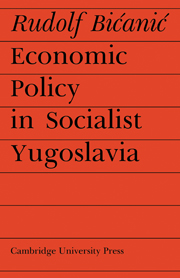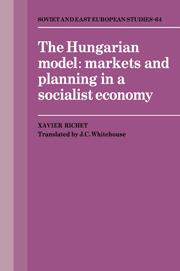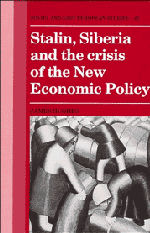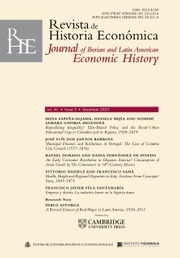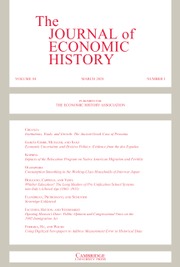Economic Policy in Socialist Yugoslavia
This 1973 posthumous publication of Rudolf Bićanić's last work on the Yugoslav economy is a fitting tribute to a great Yugoslav of the pre-war era, who survived the revolution and made a notable contribution to the new Yugoslavia. Bićanić was a man of broad learning, equally at home as a geographer, an economist and a political scientist, who was also a man of affairs. His book provides a lucid survey of the economic development of Yugoslavia from 1918 to the 1970s. Bićanić discusses the three planning models used in post-war Yugoslavia - the centralized (1947–1951), the decentralized (1952–1964) and the polycentric (1965–1970) - and discusses the implications of these models in the context of Yugoslavia's industrialization. The book is not only essential reading for anyone wishing to understand Yugoslavia's economic background, but it also raises questions of general interest concerning the application of socialist principles to the industrialization of developing societies.
Product details
June 2010Paperback
9780521153300
264 pages
216 × 140 × 11 mm
0.34kg
Available
Table of Contents
- Foreword Michael Kaser
- 1. The economics of the creation of Yugoslavia
- 2. The formation of the socialist sector
- 3. Three models of planning in Yugoslavia
- 4. The evolution of the system of social control of the economic system
- 5. Industrialization
- 6. Some aspects of the policy of workers' income in Yugoslavia
- 7. Economic growth and investment policy
- 8. Foreign trade policy
- 9. Policy towards underdeveloped areas
- 10. Concepts of economic development in Yugoslavia
- Appendix
- Postscript: The economic system since 1965 Marijan Hanžeković
- Bibliography of the writings of Rudolf Bićanić
- Index.

